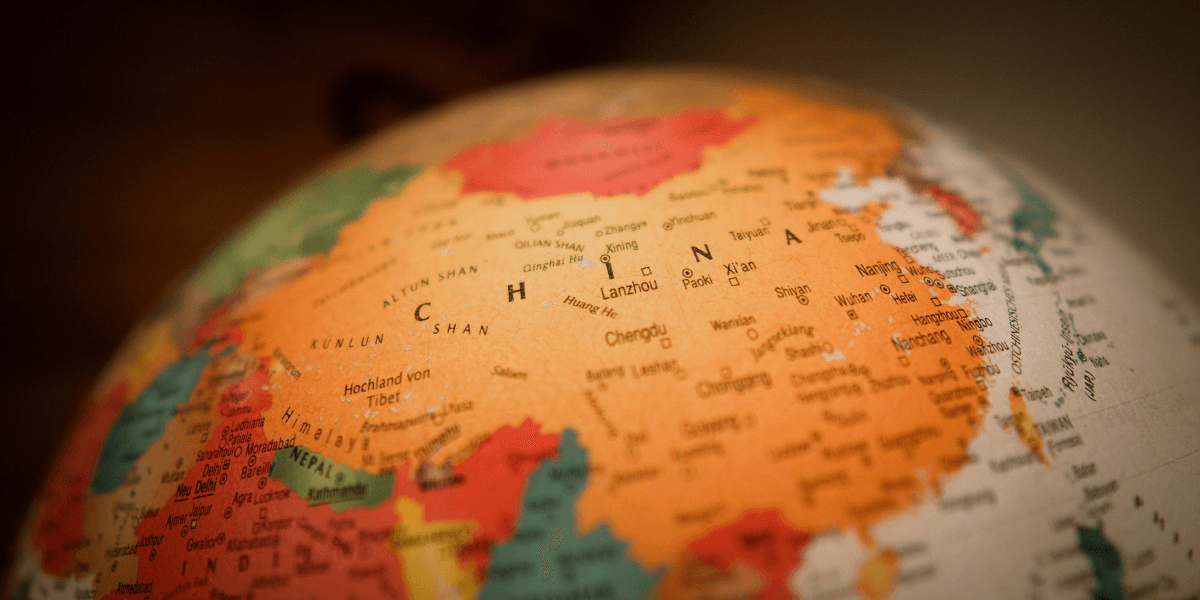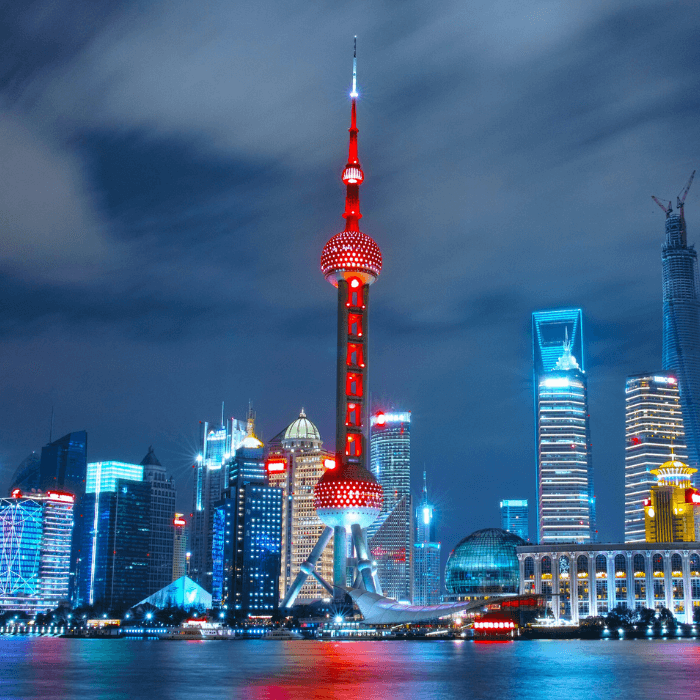The Risks of China’s Property Bubble and Potential Impact on Gold Demand
Category: Invest

China’s impressive economic rise over the past few decades has been fuelled by rapid urbanisation, large infrastructure projects and a booming real estate sector. However, this growth trajectory has led to significant concerns regarding the formation of property bubbles, epitomised by the recent turmoil surrounding Evergrande, one of China’s largest real estate developers.
As the world closely watches the developments in China’s property market, there are growing concerns that the bursting of these bubbles could reverberate far beyond China’s borders, potentially triggering a global financial contagion.
This scenario has seen investors turn to safe-haven assets like gold, highlighting the complex interplay between heightened global systemic risk and demand for gold as a perceived ‘safe haven’ investment.
The Evergrande Crisis
Evergrande, once a symbol of China’s economic prowess, now stands as a stark reminder of the perils associated with rapid property market expansion. With a debt load exceeding US$300 billion, the company’s financial woes have sparked fears of a potential default that could cascade through the Chinese financial system, affecting creditors, homebuyers, and even the broader economy.
Evergrande’s struggles have underscored the immense scale of China’s property bubble, where debt-fuelled growth has led to an oversupply of housing units, soaring property prices and a growing debt burden that threatens to destabilise the entire sector.
China contributes to almost 20% of total global growth, so any faltering in its economy is likely to ripple through global markets.[1]
Contagion and the Global Impact
The interconnectedness of the global financial system means that shocks in one corner of the world can quickly reverberate across borders. The potential collapse of a large business such as Evergrande could potentially trigger a ‘domino effect’, spreading panic through financial markets. The first channel of contagion would be through global financial institutions exposed to Evergrande’s debt.
As these institutions face potential losses, they could tighten lending, reducing access to credit not only in China but also globally. The Chinese economy is already beginning to feel the implications of this, as its Central Bank was forced to reduce short-term interest rates earlier this week, in the wake of its economy falling into deflation and Evergrande filing for bankruptcy in the United States.[2]
Furthermore, the slowdown in China’s property sector could have notable implications for global commodities markets. China has been a key driver of demand for raw materials such as steel, cement and copper due to its massive construction and infrastructure projects. A contraction in its property market could lead to a diminishing demand for these materials, impacting commodity-exporting countries around the world.[3]
Gold as a Safe-Haven Asset in Times of Uncertainty
In times of economic uncertainty and market turmoil, investors often seek refuge in safe-haven assets. Gold, historically regarded as a store of value, has consistently fulfilled this role. A potential fallout from a Chinese property market collapse could encourage investors to seek safety in gold as a hedge against market volatility and financial instability.
Gold’s appeal during such crises is accentuated by its low correlation with other financial assets. Unlike stocks or bonds, gold’s value is not directly tied to the performance of a specific company or government. This characteristic makes it an attractive asset for diversification, reducing the overall risk exposure of investment portfolios, and improving risk adjusted returns.[4]
Conclusion
The risks posed by China’s property bubble, as exemplified by the Evergrande situation, cannot be underestimated. The interconnectedness of the global financial system means that a localised problem can quickly escalate into crisis, with far-reaching economic consequences. As investors grapple with the uncertainty surrounding China’s property market, their demand for safe-haven assets like gold is likely to rise, whilst China’s central bank continues its rapid accumulation of gold reserves.[5]
Notes
The contents of this article are accurate at the time of publishing, are for general information purposes only, and do not constitute investment, legal, tax, or any other advice. Before making any investment or financial decision, you may wish to seek advice from your financial, legal, tax and/or accounting advisers.
Source
[1] China | Share of Global GDP | 2023 | Economic Data | World Economics
[2] Evergrande files for US bankruptcy protection as China economic fears mount | Reuters
[3] What new norm of slower Chinese growth could mean for the global economy (cnbc.com)
[4] https://www.royalmint.com/invest/discover/gold-market/lbma-precious-metals-market-report-q3-2023/
[5] China’s Central Bank Adds More Gold for a Ninth Straight Month - Bloomberg









